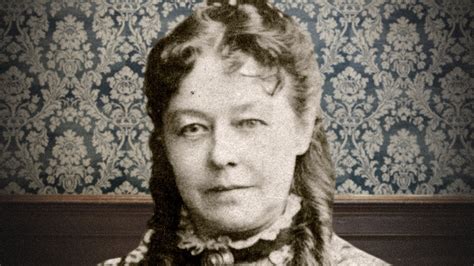A Quote by George Henry Lewes
All bad Literature rests upon imperfect insight, or upon imitation, which may be defined as seeing at second-hand.
Related Quotes
Enlightenment is construed as seeing things as they really are rather than as they appear; it is a direct insight into, and discernment of, the nature of reality that is apprehended only by wisdom, which transcends and is prior to the activity of discriminative thought. In this view, delusion is defined as all that is opposed to enlightenment.
There is first the literature of knowledge, and secondly, the literature of power. The function of the first is--to teach; the function of the second is--to move, the first is a rudder, the second an oar or a sail. The first speaks to the mere discursive understanding; the second speaks ultimately, it may happen, to the higher understanding or reason, but always through affections of pleasure and sympathy.
Bad acting, like bad writing, has a remarkable uniformity, whether seen on the French, German, or English stages; it all seems modeled after two or three types, and those the least like types of good acting. The fault generally lies less in the bad imitation of a good model, than in the successful imitation of a bad model.
Like a saint's vision of beatitude. Like the veil of things as they seem drawn back by an unseen hand. For a second you see—and seeing the secret, are the secret. For a second there is meaning! Then the hand lets the veil fall and you are alone, lost in the fog again, and you stumble on toward nowhere, for no good reason!
A work of art rests its merits in traditional qualities. It may constitute a remarkable feat in craftsmanship; it may be a searching study of psychological states; it may be a nostalgic glance backward; it may be any one of an infinite number of concepts, none of which may have any possible bearing upon its degree of newness.





































